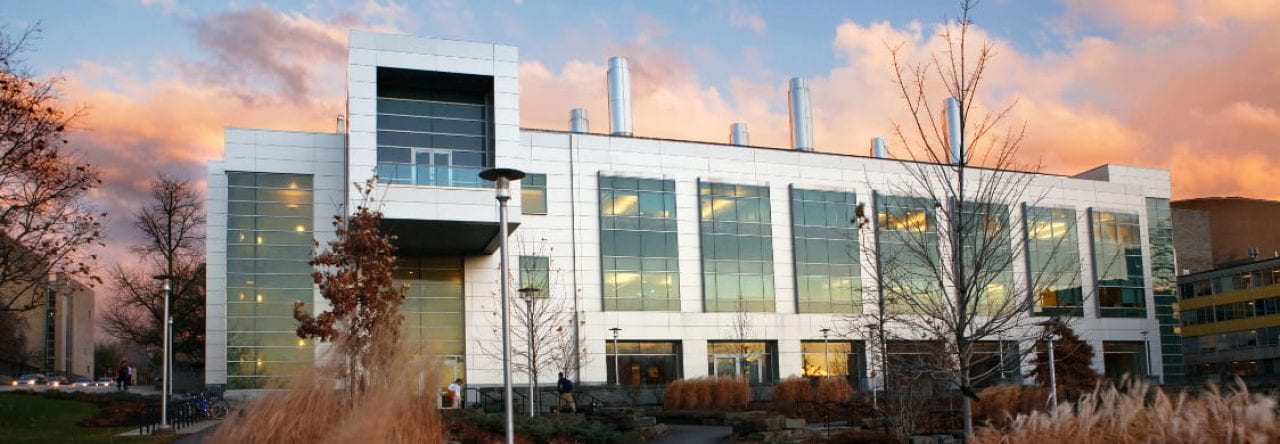Fernando Escobedo
Samuel W. and Diane M. Bodman Professor in Chemical and Biomolecular Engineering
Smith School of Chemical and Biomolecular Engineering
Biography
Professor Escobedo received a B.S. degree in Chemical Engineering from the University of San Agustin in Peru (1987) and worked for 5 years as an R&D engineer in a Peruvian company before coming to the U.S. for graduate studies. He received a Chemical Engineering M.S. degree from the University of Nebraska-Lincoln (1993) and the Ph.D. from the University of Wisconsin-Madison (1997). He joined the faculty of Cornell University at the end of 1998. He received the Camille & Henry Dreyfus Foundation new faculty award, 1999, the Career Award from the National Science Foundation, 2000, the Alfred P. Sloan Foundation fellowship, 2004, and the AIChE CoMSEF Impact Award, 2012. He also won an award for teaching excellence from the College of Engineering (2003). He currently holds the Marjorie Hart Chair of Engineering.
Research Interests
Professor Escobedo’s research group is at the forefront of novel methodologies for the simulation of both thermodynamic data (like free-energies and microstructure) and kinetic information (like transition mechanisms and rate constants) from molecular-level models of complex materials. His current interests center on establishing structure-property relationships for materials made from customizable nanoscale building blocks such as oligomers, polymers, and nanoparticles. The ultimate goal of generating such new fundamental knowledge is to improve the engineering of micro-structured materials via self-assembly and directed assembly. A large fraction of the work in the group has focused on elucidating the role played by entropy as an important (and often overlooked) force that can be harnessed to help create materials with desirable properties. Entropic forces are often crucial in the formation of materials whose molecular order is intermediate between crystals (having perfect order and reduced entropy) and liquids (having high degree of disorder and high entropy), such as liquid crystals, plastic solids, elastomers, gels, microsegregated phases of block copolymers, and biomolecules with ordered domains like proteins. Such intermediate order is often manifested in the form of phases with novel structures and a combination of physical properties not observed in common materials. Partially or completely ordered phases are hence attractive for such new uses as nanoporous materials for active layers in solar cells, battery electrodes, membranes for ultra-filtration, light amplifiers and optic guides for lasers, liquid armor, plastics of high elasticity and toughness, and new therapeutic antibodies.
- Colloids and Interfacial Science
- Polymers and Soft Matter
- Statistical Mechanics and Molecular Simulation
- Computational Science and Engineering
- Complex Fluids and Polymers
- Nanoscale Electronics, Photonics and Materials Processing
Teaching Interests
To establish the use of Statistical Mechanics as a multidisciplinary, enabling science at the core and the forefront of the evolving fields of Chemical Engineering and nanoscience. This is done through the incorporation of Statistical Mechanical concepts, molecular product design, and molecular simulations tools into such courses as Thermodynamics, kinetics, and transport phenomena at both undergraduate and graduate levels..
Selected Publications
- J. W. Onorato, Z. Wang, Y. Sun, C. Nowak, L. Q. Flagg, R. Li, B. X. Dong, L. J. Richter, F. A. Escobedo, P. F. Nealey, S. N. Patel, and C. K. Luscombe. “Side Chain Engineering Control of Mixed Conduction in Oligoethylene Glycol-Substituted Polythiophenes”, J. Materials Chem. A 9 (37), 21410-21423 (2021).
- A. Sharma and F. A. Escobedo, “Low Interfacial Free Energy Describes Bulk Ordering Transition in Colloidal Cubes”, J. Physical Chemistry B 125, 5160-5170 invited contribution for Carol K. Hall Festschrift (2021).
- A. Mukhtyar and F. A. Escobedo, “Developing Local Order Parameters for Order-Disorder Transitions From Particles to Block Copolymers: Application to Macromolecular Systems”, Macromolecules 51 (23), 9781–9788 (2018).
- F. A. Escobedo, “Engineering Entropy in Soft Matter: The Bad, the Ugly, and the Good.” Soft Matter 10: 8388-8400 (2014).
- U. Agarwal and F.A. Escobedo. “Mesophase behavior of polyhedral particles.” Nature Materials 10: 230 (2011).
Selected Awards and Honors
- New Faculty Award(Camille & Henry Dreyfus Foundation)1999
- Early Faculty CAREER Award(National Science Foundation)2001
- Alfred P. Sloan Foundation Fellow2004
- Impact Award in Computational Molecular Science & Engineering(AIChE)2012
- APS Fellow, 2014(American Physical Society)2014
Education
- B.S.(Chemical Engineering),Universidad de San Agustin Peru,1986
- M.S.(Chemical Engineering),University of Nebraska- Lincoln,1993
- Ph.D.(Chemical Engineering),University of Wisconsin- Madison,1997





